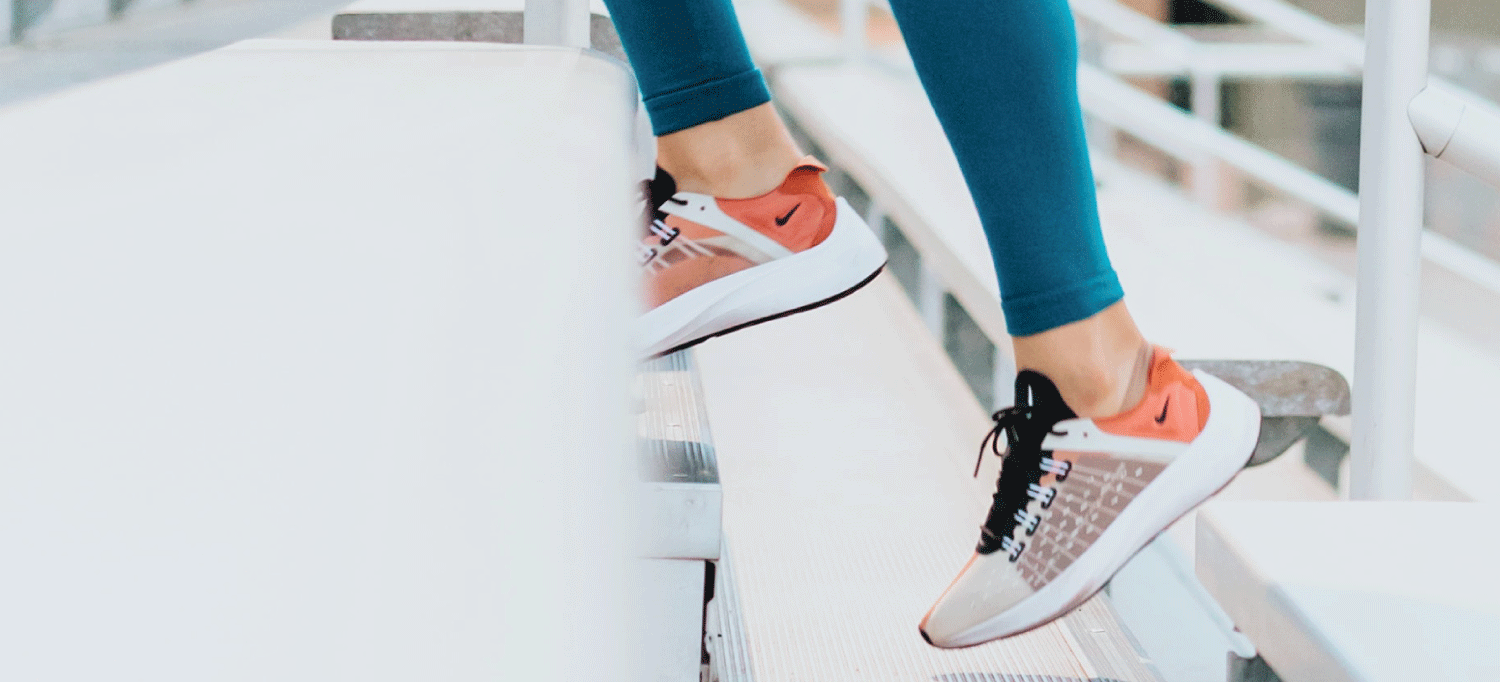Nutritionist Gaye Godkin examines the link between exercise intensity and fertility and where the balance lies.
Exercise is one of the most important positive behaviours that we can engage in to maintain a healthy life. It keeps the mind and body healthy, and improves overall condition. Maintaining a healthy body weight is so important when trying to conceive. According to the American society for Reproductive Medicine being underweight is one of the causal factors in infertility. Being underweight tends to be more problematic for the female than the male. While being overweight causes problems for both sexes.
The key is to maintain a healthy weight prior to conception.
For women exercise improves blood flow to the uterus and ovaries, and generally improves mood. However problems can arise when it is taken to the extreme.
EXTREME EXERCISE
When joints and muscles are subject to constant pounding, this places a physical stress on the body which the body must deal with. All the energy the body would have dedicated to getting pregnant gets redirected to healing injuries. Any type of exercise – besides maybe walking – has the potential to become chronic and induce a state of chronic inflammation. Doing high intensity exercise every single day will do it. Training for a marathon will do it.
RESEARCH
A Norwegian population-based survey of nearly 4,000 women found a clear link between exercise intensity and fertility. Women who exercised to the point of exhaustion were twice as likely to be infertile than those who engaged in less strenuous activities, according to results published in the journal of Human Reproduction. Many female endurance athletes don’t menstruate for long periods of time. This becomes an issue particularly as they age as the body clock has been out of sync for a long time. Engaging in endurance exercise such as constant running has been shown to disrupt their delicate hormonal balance. The brain stops sending a signal to the ovaries to release an egg to fertilise. Hormonal signalling from the brain becomes erratic and the reproductive function goes out of kilter.
PHYSICAL STRESS
When the body is under too much physical stress, especially if you’re not eating enough to compensate for the energy used, it goes into a starvation state. The brain figures it’s not a good time to have a baby, and the body and reproductive hormones go into shut-down mode. According to research carried out by reproductive endocrinologists in The University of South California this does not just apply to women who are underweight. They found that; ‘there are less extreme versions of this in people who aren’t that underweight but have intense workouts multiple times a week.’ Over time, the lack of estrogen that’s usually produced as part of menstruation, can have long-term health reproductive consequences.
BALANCE
But exercise is not bad. Exercise does help to reduce stress, which often goes hand-in-hand with fertility issues. To increase fertility rates, aim to make adjustments to your fitness routine, such as reducing the number of days per week you exercise, as well as the hours per day, avoiding overexertion and switching to lower-intensity activities that don’t induce inflammation in the body, such as walking, Tai Chi, Pilates and yoga. These activities are have been shown to be effective for easing stress levels, promoting weight loss and in the case of yoga, even promoting fertility.
Strenuous physical activity invokes a variety of different stress responses in the body. One of these is the inflammatory response. This typically occurs whenever forces or loads applied to the connective tissues such as muscles and tendons. This response occurs following a work out session where muscles have been pulled and stretched. Once the inflammatory process has been initiated within the skeletal muscle, the immune system sends its troops to repair the site of injury. Raised markers of inflammation have been shown to have a negative effect on conception. Inflammation becomes chronic when it is a reoccurring event. In essence, exercising is a positive lifestyle behaviour when it is not taxing the body. Create your own routine, doing what works for you. Some people love running, while others prefer Yoga or Pilates. Make sure you enjoy whatever you choose to do, as exercise is a great for de-stressing and taking time to relax.
If you're looking to optimise your fertility journey consider incorporating specialised conception supplements into your routine. For women, supplements containing key nutrients like folic acid, iron, and vitamin D can support reproductive health. Similarly, men can benefit from supplements rich in zinc, vitamin C, and coenzyme Q10 to enhance sperm quality and fertility.
Companies like Proceive offer tailored fertility supplements designed to support both partners on their conception journey. Proceive®️ offers a comprehensive preconception supplement for both Women & Men.
Gaye Godkin, Health Nutritionist, , MPH Nutrition (Hons) DipNT cNLP.
Gaye's website is here

